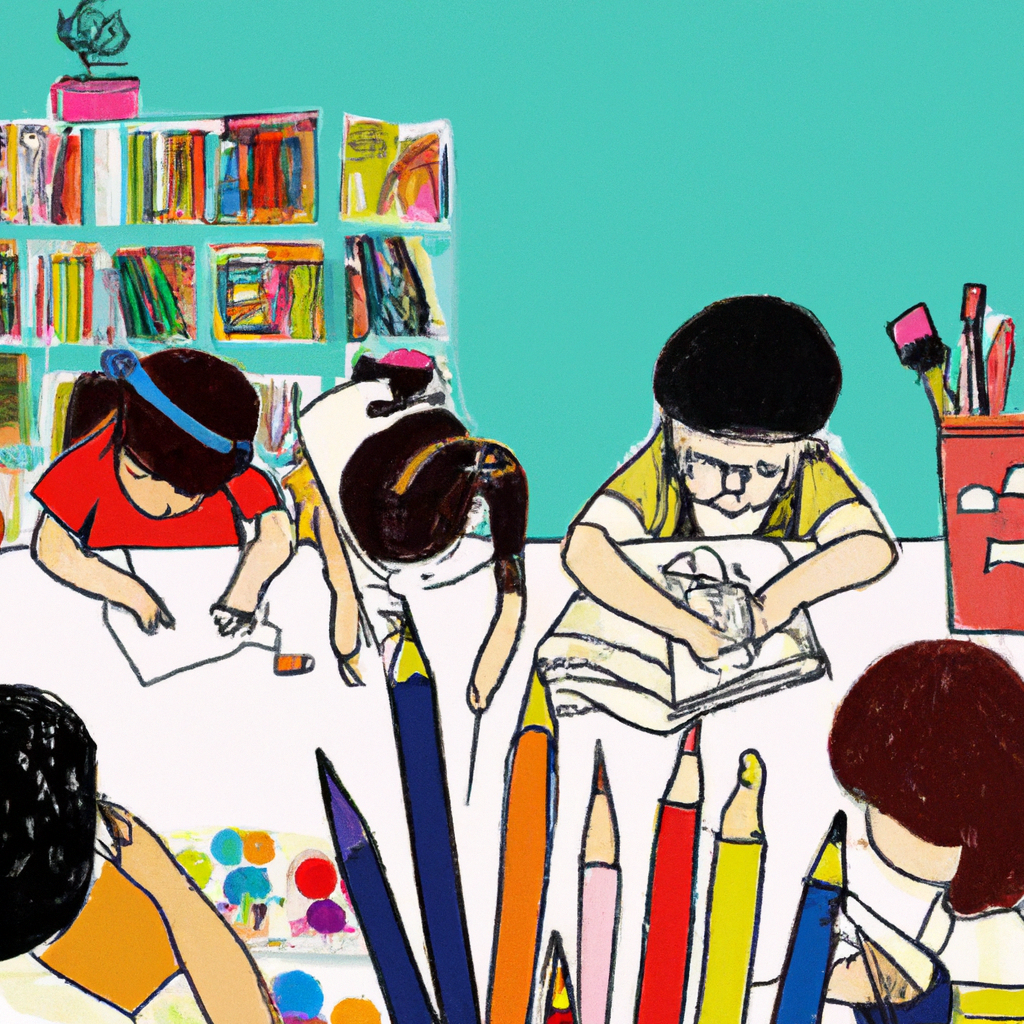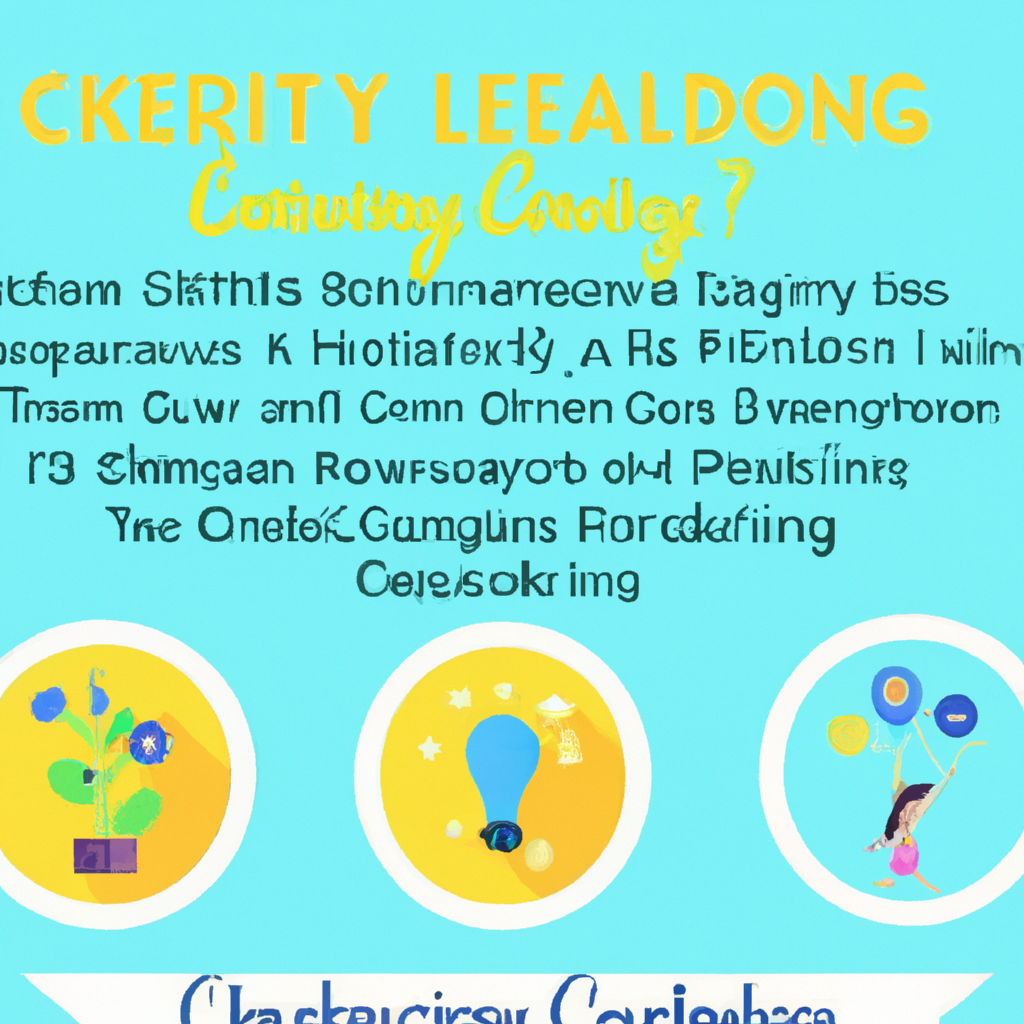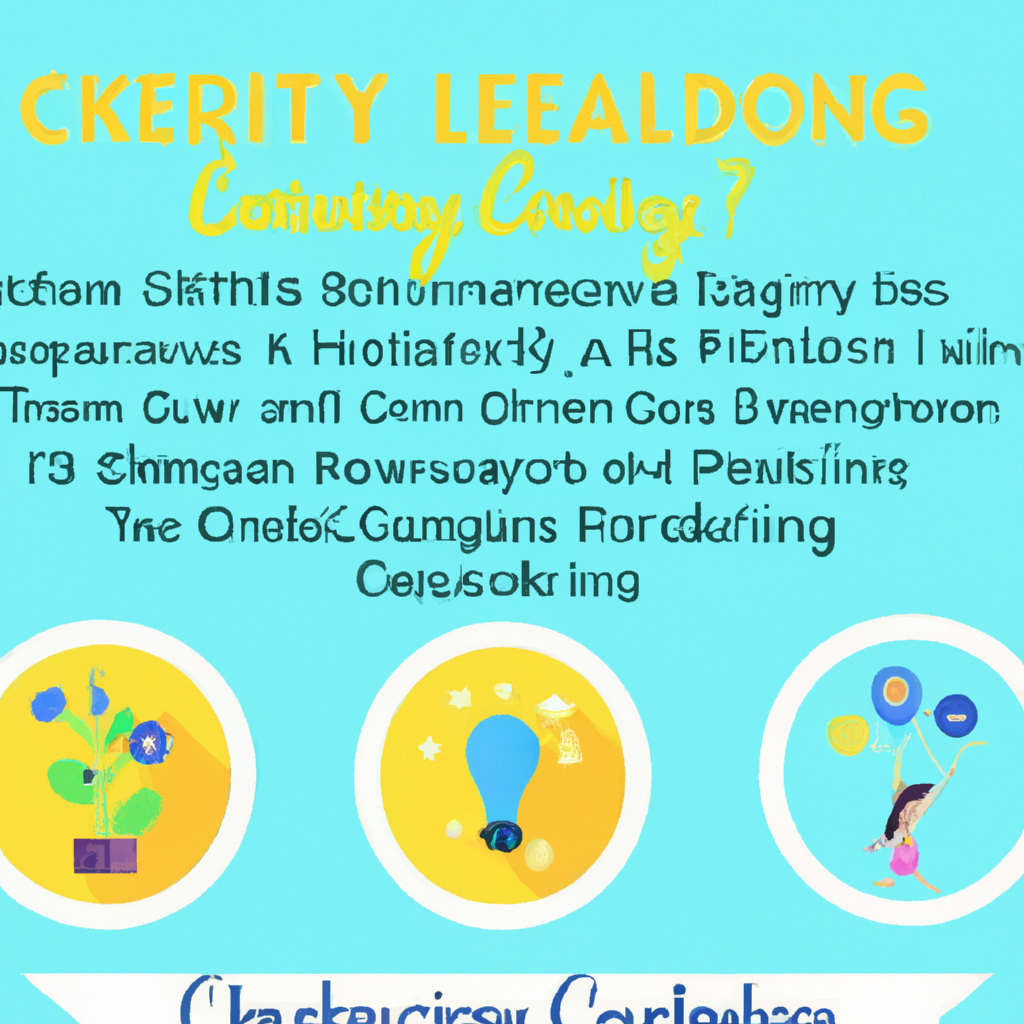Looking for fun and educational activities for your little ones? Look no further! In this article, we will explore a range of interactive and engaging activities that can help kids learn while having a great time. Whether it’s exploring nature, playing educational games, or getting creative with arts and crafts, we’ve got you covered. Say goodbye to boredom and hello to learning adventures that both you and your kids will enjoy!

Reading Activities
Storytelling
Storytelling is a fun and engaging way for kids to develop their reading skills. You can take turns with your child, where they start a story and you continue it, or vice versa. This helps in building their imagination and enhances their narrative skills. Additionally, reading books with colorful illustrations and interesting stories can also captivate their attention and foster a love for reading.
Reading Books
Reading books is a fundamental and essential activity for children’s cognitive development. It not only improves their language skills but also expands their knowledge and imagination. You can create a reading corner in your home where your child can have easy access to a variety of age-appropriate books. Encourage them to read independently, and for younger children, you can read aloud to them and ask questions about the story to promote comprehension.
Phonics Games
Phonics games are a great way to help children learn to read by understanding the relationship between sounds and letters. You can play games where you say a word and ask your child to identify the initial sound or find objects around the house that start with a particular sound. There are also online phonics games and apps available that make learning phonics interactive and enjoyable.
Word Building
Word building activities allow children to practice spelling and vocabulary skills while having fun. You can give your child a set of letter tiles or magnetic letters and ask them to create words based on a theme or a given set of letters. This activity not only enhances their spelling abilities but also improves their problem-solving skills as they analyze different combinations of letters to form words. You can also incorporate word building games and apps into their learning routine for added engagement.
Writing Activities
Journaling
Journaling is a beneficial activity that encourages children to express themselves creatively and enhances their writing skills. Encourage your child to write in a journal regularly, where they can document their thoughts, feelings, and daily experiences. You can provide writing prompts or themes to inspire their writing, such as “Describe your favorite place” or “Write about a special memory.” Journaling also helps in developing their organizational skills and critical thinking.
Letter Writing
Letter writing is a wonderful way for children to practice their writing skills while fostering communication with others. Encourage your child to write letters to family members, pen pals, or even fictional characters. This activity not only improves their writing abilities but also enhances their social and emotional development as they learn to express themselves in written form and develop empathy towards others.
Creative Writing Prompts
Creative writing prompts are an excellent tool to spark children’s imagination and inspire them to write creatively. You can provide them with prompts such as “Imagine you are a superhero. Describe your powers and a mission you would go on” or “Create a story about a magical creature you discover in your backyard.” This activity encourages children to think outside the box and develop their storytelling skills while having fun with words.
Writing Stories
Writing stories allows children to fully engage their creativity and imagination while working on their writing skills. Encourage your child to come up with their own stories, giving them the freedom to create characters, settings, and plotlines. Provide them with writing tools such as pens, pencils, and colorful paper to make the activity more enjoyable. You can also suggest they illustrate their stories, creating a complete visual narrative.
Math Activities
Counting Games
Counting games are a fun way for children to develop their number recognition and basic math skills. You can play games that involve counting objects, such as “How many toys are in the box?” or “Count the number of red cars you see.” You can also use everyday situations to reinforce counting, such as counting the number of stairs as you climb or counting the ingredients as you cook together.
Number Recognition
Number recognition activities help children familiarize themselves with numbers and understand their value. You can display numbers around the house and encourage your child to identify and name them. Use everyday objects, like cereal boxes or house numbers, to point out numbers and ask your child to recognize them. You can also use number flashcards or play number recognition games online to make the learning process more interactive.
Addition and Subtraction
Addition and subtraction activities help children develop their problem-solving and critical thinking skills. You can use objects like blocks or household items to create hands-on addition and subtraction exercises. For example, ask your child to add the number of red blocks and blue blocks together or subtract a certain number of items from a group. You can also use math apps or online games that provide interactive addition and subtraction exercises.
Shapes and Patterns
Shapes and patterns activities help children recognize and understand different shapes and develop spatial awareness skills. Play games where your child has to identify shapes in their surroundings or ask them to draw shapes on paper. Additionally, you can create patterns using objects like colored blocks or buttons and ask your child to continue the pattern. This activity not only enhances their visual perception but also introduces them to early math concepts.
Science Activities
Experimenting with Water
Experimenting with water is a fun and educational way for children to learn about different scientific concepts. You can conduct simple experiments at home, such as observing how different objects float or sink in water or creating a water cycle model using a jar, water, and a plate. These activities promote curiosity, observation skills, and an understanding of scientific principles.
Nature Walks
Nature walks offer children the opportunity to explore and learn about the natural world around them. Take your child on a walk in a park or a garden and encourage them to observe and identify different plants, flowers, insects, and animals. Ask questions to stimulate their curiosity and engage them in conversation about the environment. You can also bring along a nature journal where they can draw or write about their findings.
Planting Seeds
Planting seeds is a hands-on activity that teaches children about the growth process of plants and the importance of taking care of the environment. Involve your child in the process of planting seeds in a garden or pots, and guide them in providing the right conditions for the plants to grow. This activity nurtures their curiosity, patience, and responsibility as they observe the growth of their plants over time.
Observation and Exploration
Encourage your child to observe and explore the world around them as a way to develop their scientific thinking and knowledge. Take them on nature scavenger hunts, where they have to find specific objects or identify different colors, shapes, or textures in their environment. You can also encourage them to investigate and ask questions about everyday phenomena, such as why certain foods spoil or how plants grow.

Art and Craft Activities
Drawing and Coloring
Drawing and coloring activities allow children to express their creativity and improve their fine motor skills. Provide them with a variety of art supplies, such as crayons, colored pencils, and markers, and let them explore their imagination on paper. Encourage them to draw their favorite characters, scenes from a book, or anything that inspires them.
Collage Making
Collage making is a versatile and enjoyable activity that encourages children to experiment with different materials and textures. Provide them with magazines, newspapers, colored papers, and glue, and let them create their own collages. They can make collages based on themes like animals, nature, or even self-portraits. This activity promotes their creativity, spatial awareness, and sensory exploration.
Origami
Origami, the art of paper folding, is not only a fun activity but also helps children develop their concentration, patience, and problem-solving skills. Start with simple origami designs, like paper airplanes or boats, and gradually move on to more complex designs as your child becomes more proficient. There are plenty of origami tutorials available online that can guide both you and your child in this engaging art form.
Painting
Painting is a sensory-rich activity that allows children to explore colors, textures, and different painting techniques. Provide them with paints, brushes, and canvases or large sheets of paper, and let them experiment with different brushstrokes and color combinations. Painting helps children develop their fine motor skills, hand-eye coordination, and self-expression. Encourage them to create their own masterpieces and display them proudly.
Music and Dance Activities
Singing Songs
Singing songs is an enjoyable activity that helps children enhance their language skills, memory, and rhythm. You can sing nursery rhymes, traditional songs, or even create your own songs together. Encourage your child to sing along and participate in actions or hand gestures that accompany the songs. Singing songs also promotes bonding and creates a positive atmosphere.
Learning Musical Instruments
Learning to play a musical instrument is a rewarding experience for children as it develops their coordination, concentration, and discipline. You can introduce your child to simple instruments like the piano, guitar, or recorder. Start with basic lessons or use online tutorials for guidance. As your child progresses, they can explore different genres of music and even compose their own tunes.
Dancing to Rhythm
Dancing to rhythm is a fun and energetic way for children to express themselves and improve their gross motor skills. Play different styles of music and encourage your child to explore different dance movements and rhythms. You can also dance together, creating a joyful and bonding experience. Dancing to rhythm helps children develop body awareness, coordination, and a sense of rhythm.
Creating Sounds
Encourage your child to create their own sounds using everyday objects or musical instruments. They can experiment with different materials like pots and pans, empty containers, or even bottles filled with water to produce various sounds. This activity promotes imagination, creativity, and problem-solving skills as children explore different ways to create their desired sounds.

Physical Activities
Outdoor Games
Outdoor games provide numerous benefits for children, including physical fitness, social skills, and enjoyment of nature. Encourage your child to participate in games like tag, hide and seek, or hopscotch. These activities not only promote physical development but also enhance their coordination, teamwork, and problem-solving abilities. Make sure to provide a safe and supervised environment for outdoor play.
Sports
Sports activities offer children opportunities to learn skills such as teamwork, discipline, and sportsmanship. Introduce your child to different sports like soccer, basketball, or swimming, and let them choose the ones they enjoy the most. Enroll them in recreational leagues or clubs where they can learn and practice their chosen sports. Playing sports not only improves physical fitness but also promotes self-confidence and resilience.
Yoga and Stretching
Yoga and stretching activities are excellent for promoting flexibility, balance, and relaxation in children. You can follow guided yoga videos or use books that provide age-appropriate poses for children. Encourage your child to imitate the poses and focus on their breathing. These activities help in developing body awareness, mindfulness, and self-regulation.
Obstacle Courses
Creating obstacle courses at home or in a park is an exciting and active way for children to develop their gross motor skills and problem-solving abilities. Set up various obstacles like cones, hula hoops, or jump ropes, and challenge your child to complete the course within a certain time limit. This activity promotes physical fitness, coordination, and perseverance as children navigate through the obstacles.
Puzzle and Brain Games
Crossword Puzzles
Crossword puzzles are an excellent way to improve children’s vocabulary, spelling, and problem-solving skills. Find age-appropriate crossword puzzles from books or online resources and encourage your child to fill in the correct words based on the given clues. This activity enhances their cognitive abilities and introduces them to new words and concepts.
Sudoku
Sudoku puzzles are an engaging way for children to develop their logical reasoning and critical thinking skills. Start with simpler puzzles that have fewer numbers and gradually progress to more complex ones as your child becomes comfortable. You can find Sudoku puzzles in books or download Sudoku apps specifically designed for children.
Memory Games
Memory games help children improve their concentration, memory, and cognitive abilities. You can create your own memory game using cards or play online memory games with your child. Start with a few pairs of cards and gradually increase the difficulty level as your child improves. This activity enhances their ability to recall information and improves their attention to detail.
Logic Puzzles
Logic puzzles are challenging activities that encourage children to think analytically and creatively. You can find age-appropriate logic puzzles in books or online resources. These puzzles often involve problem-solving, reasoning, and deduction. Encourage your child to work through the puzzles step by step, considering different possibilities and finding logical solutions.

Technology-based Activities
Educational Apps
Educational apps provide a wide range of interactive activities and games that support children’s learning across various subjects. Look for age-appropriate educational apps that align with your child’s interests and educational needs. These apps often combine fun gameplay with educational content, making learning enjoyable and engaging.
Coding Games
Coding games introduce children to the basics of coding and programming in a fun and interactive way. There are coding games available that teach children how to think logically, problem-solve, and create their own computer programs. Such games often utilize visuals, puzzles, and step-by-step instructions to help children understand coding concepts.
Online Learning Platforms
Online learning platforms offer a wealth of educational resources and courses for children of all ages. These platforms provide interactive lessons, videos, quizzes, and activities across various subjects. You can explore platforms that offer structured curriculum-based learning or ones that focus on specific skills or interests. Online learning platforms allow children to learn at their own pace and explore topics of their choice.
Virtual Museum Tours
Virtual museum tours provide children with the opportunity to explore and learn about art, history, and science from the comfort of their homes. Many renowned museums offer virtual tours where children can navigate through exhibits, view artwork, and learn about different artifacts. Virtual museum tours enhance children’s knowledge, cultural awareness, and appreciation for the arts.
Social and Emotional Learning Activities
Role-Playing
Role-playing activities allow children to develop their social and emotional skills by pretending to be different characters in various scenarios. You can create scenarios like grocery shopping, going to the doctor, or resolving conflicts between friends. This activity helps children develop empathy, communication skills, and problem-solving abilities.
Empathy Exercises
Empathy exercises help children understand and relate to the feelings and experiences of others. You can discuss different situations or stories and ask your child to imagine how they would feel or react in those situations. Encourage them to put themselves in another person’s shoes and consider different perspectives. This activity promotes emotional intelligence, compassion, and understanding.
Conflict Resolution
Conflict resolution activities help children develop healthy communication and problem-solving skills. Teach them strategies for resolving conflicts, such as using “I” statements, active listening, and finding compromises. Role-play different conflict scenarios and guide your child through the process of resolving them peacefully. This activity enhances their social skills, empathy, and ability to handle conflicts effectively.
Gratitude Practice
Gratitude practice involves encouraging children to express appreciation for the things, people, and experiences in their lives. You can incorporate gratitude into daily routines by asking your child to share one thing they are grateful for every day. Encourage them to reflect on positive experiences and write gratitude notes or drawings for family members or friends. This activity promotes positivity, self-awareness, and gratitude.


